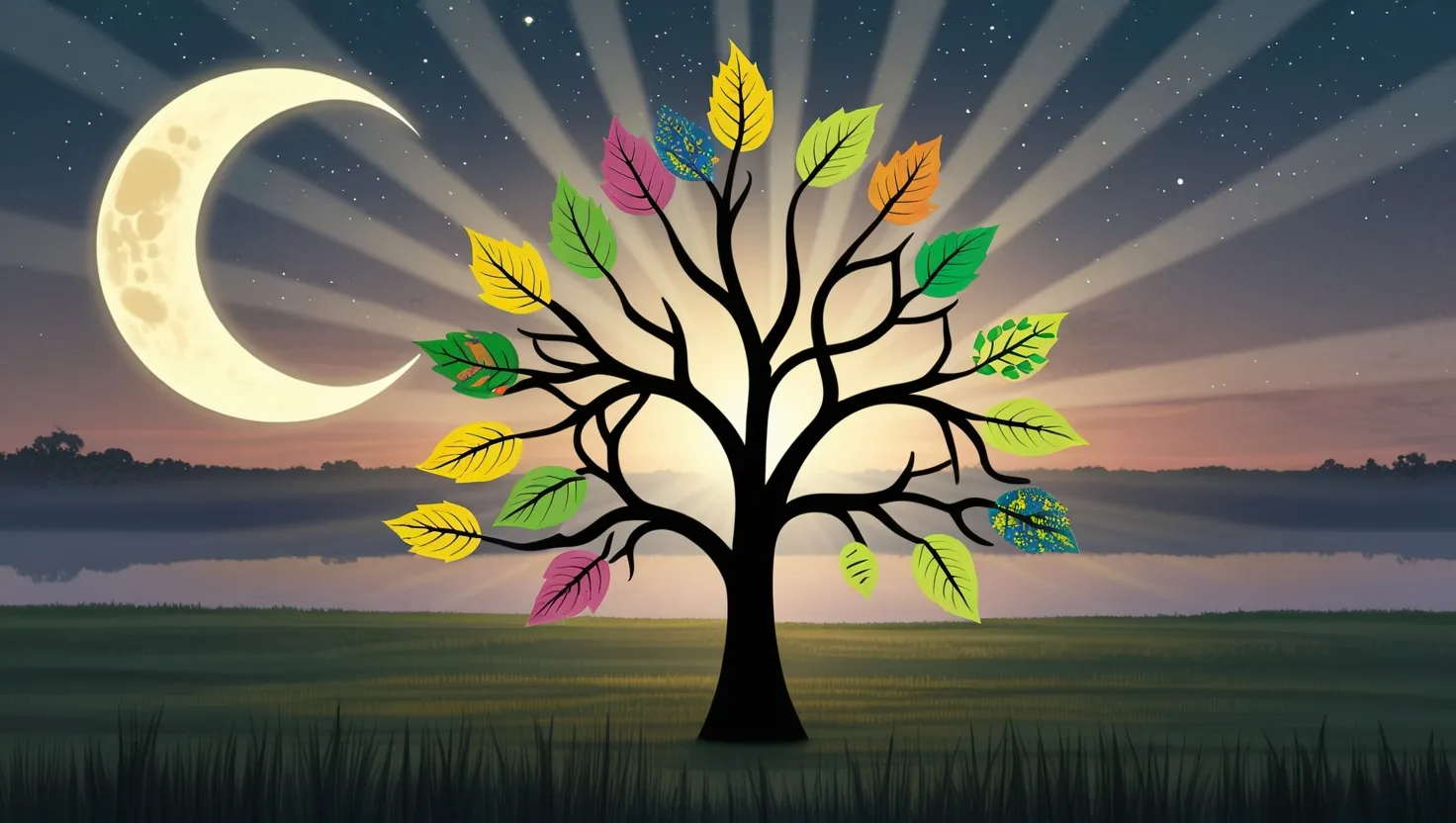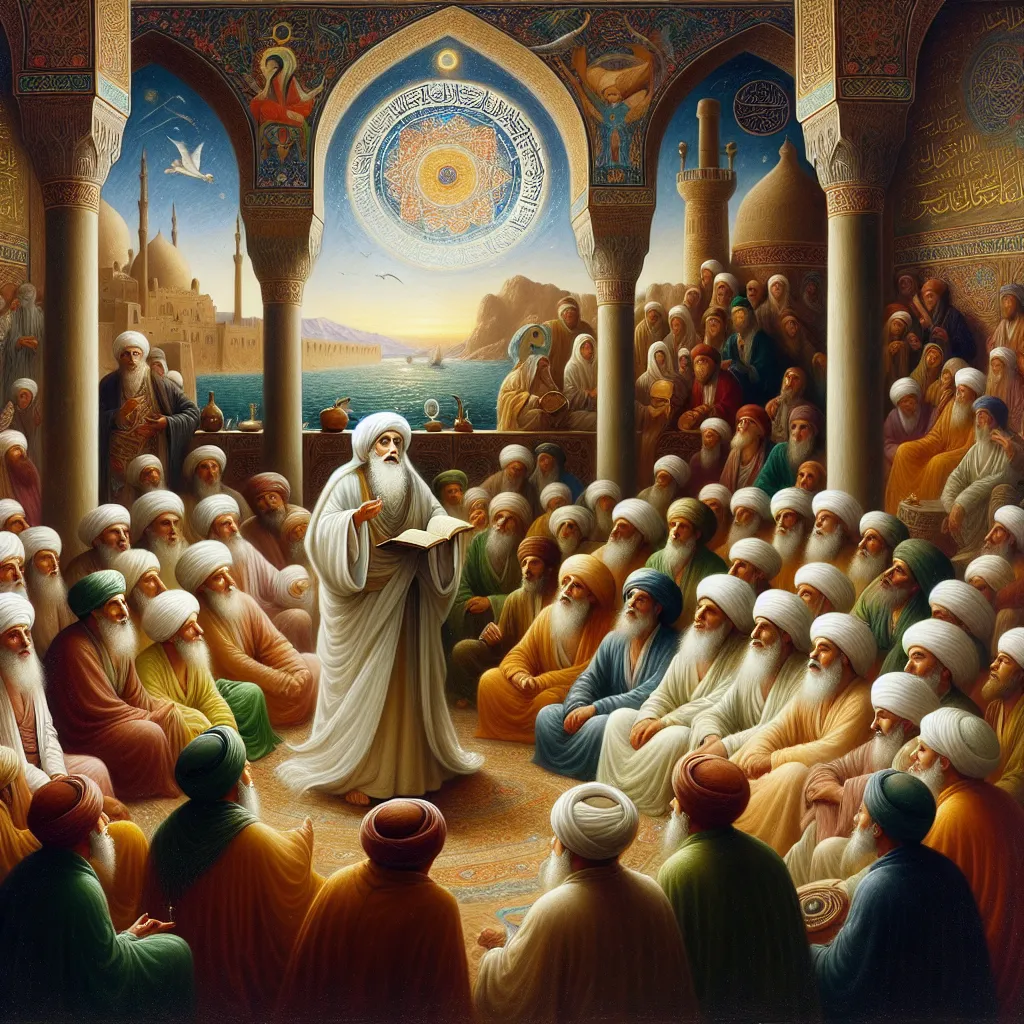Kashmir, with its enchanting landscape and deep spirituality, holds a rich tapestry of history. Despite the conflicts that have marred the region over the last century, its majestic mountains and serene valleys still resonate with the legacy of some of humanity’s greatest minds. The region has witnessed the emergence of profound luminaries like Abhinava Gupta of Kashmir Shaivism and many revered Sufi saints.
Among these notable figures stands Lal Ded, a mystic whose impact transcends religious boundaries. Known for her wandering ascetic lifestyle and soul-stirring poetry, Lal Ded, also known as Lalla, lived in medieval Kashmir and remains an influential force to this day. Her verses, deeply rooted in spiritual wisdom, continue to captivate readers with their simplicity and depth.
Lal Ded’s life is shrouded in mystery, with many details of her biography interwoven with legend. However, it is believed she was born in the early 14th century near Srinagar. Born into a Brahman family, she was married off at a tender age but eventually left her marriage to pursue a spiritual path under the guidance of Shiva saint Sed Bayu, also known as Siddha Srikantha.
Breaking societal norms, Lal Ded wandered homeless, embodying a spiritual fervor that saw her rejected by some yet worshiped by others. Her journey was unconventional, especially in a tradition that typically emphasized living a householder’s life. Despite this, she remained true to her devotions, expressing the complex philosophy of Kashmir Shaivism through her poetry.
Her poems, called “Vaks,” are some of the earliest examples of Kashmiri literature, blending elements of Shaiva philosophy and Sufi mysticism. Written in the Kashmiri language, her verses are concise yet profound, often touching on themes of universal consciousness, spiritual devotion, and the oneness of Shiva, the supreme being in Shaivism.
One of the fascinating aspects of her work is the synthesis of diverse religious influences. Her poetry not only showcases Shaiva thoughts but also incorporates Islamic elements, reflecting the rich cultural amalgamation of 14th-century Kashmir. This spiritual inclusiveness makes her revered by both Hindus and Muslims.
Lal Ded’s teachings often pointed inward, emphasizing meditation and internal realization over external rituals. She was critical of many prevalent religious practices, advocating for a direct and personal experience of the divine. Her words encourage balancing the joys and austerities of life, steering clear of extremes.
Her verses frequently touch on the idea of divine unity, portraying a world where spiritual differences are minimal. This broad appeal has contributed to her lasting legacy, with both Shaivas and Sufis laying claim to her spiritual heritage.
Lal Ded’s relationship with Sufi saint Nund Rishi highlights the interreligious dialogue of her time. Such interactions between diverse religious leaders were more common in her era, fostering a rich exchange of spiritual ideas and wisdom.
Her poetry remains an essential part of Kashmiri cultural heritage, symbolizing the region’s spiritual depth and complexity. Lal Ded passed away around 1373, but her legacy lives on, inspiring people across the world and across religions with her enduring spiritual insights.






